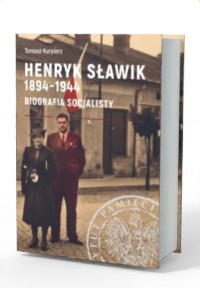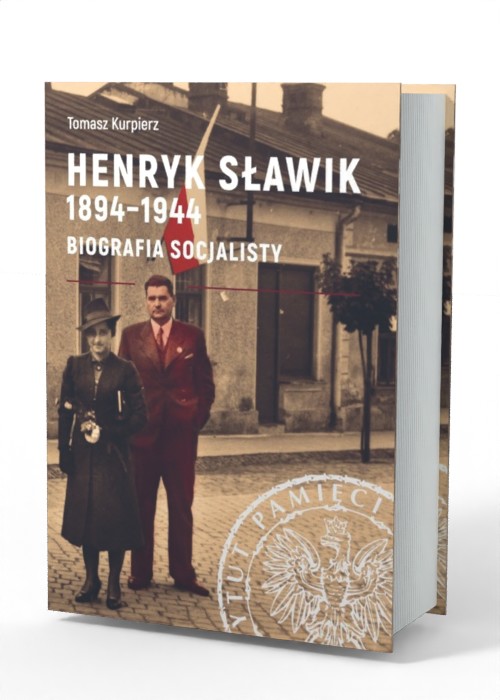Book description:
The book covers the social, professional, and political endeavours of Henryk Slawik (1894-1944). Henryk Sławik was born in Szeroka in Upper Silesia into a peasant family. Prior to 1914 he was a worker in Altona near Hamburg. During World War I, he served in the German army and was subsequently held as a prisoner of war in a camp in Siberia. Following 1918, he participated in the Silesian uprisings against the German rule and played an active role in the campaign leading to the 1921 Silesian plebiscite that would determine the region s state affiliation. In the 1920s and 1930s, he was a dynamic activist as a member of the Polish Socialist Party in Upper Silesia. He held multiple positions such as editor of "Gazeta Robotnicza," city councillor, and member of the Silesian Voivodeship Council. He also served as president of the Syndicate of Polish Journalists in Silesia and Dąbrowa Górnicza Coal Basin, and was involved in various committees and social associations. In 1939, he found himself as a civilian refugee in Hungary along with tens of thousands of Polish citizens. He become the head of the Polish Committee there. Sławik collaborated with József Antall, a senior official in the Hungarian Interior Ministry. By efficiently organizing both overt and covert support for the vast number of war refugees, they succeeded in saving thousands of lives, including many Polish Jews. The Germans entered Hungary in March 1944. Slawik went into hiding but was eventually captured by the Nazis. Following a harsh investigation, he was deported to the Mauthausen-Gusen concentration camp. There, on 23rd August 1944, he was executed alongside several of his collaborators. In 1990, he was posthumously recognised as Righteous Among the Nations and, in 2010, granted the Polish Order of the White Eagle.

